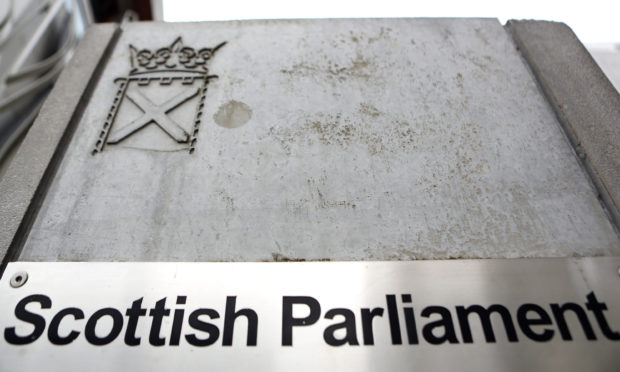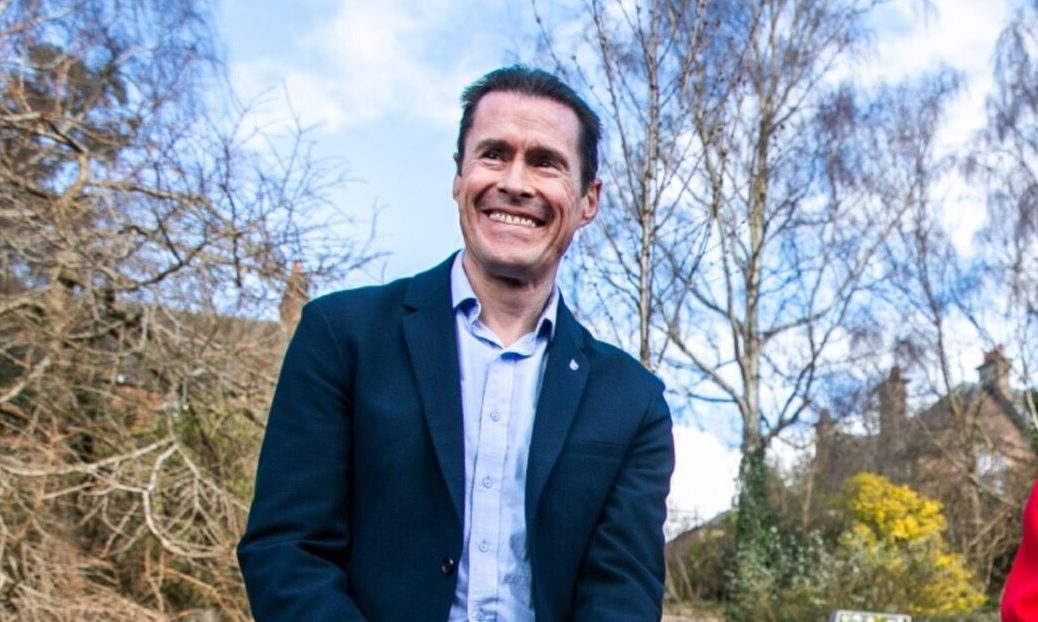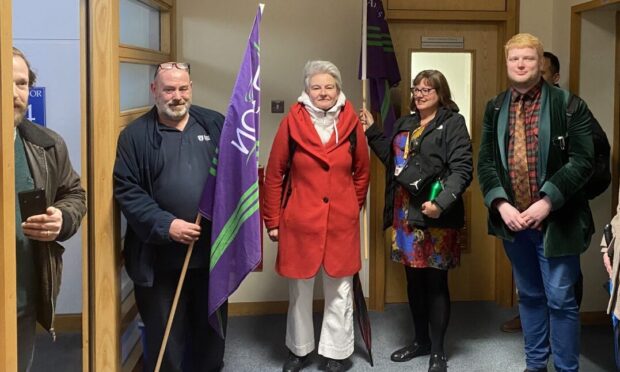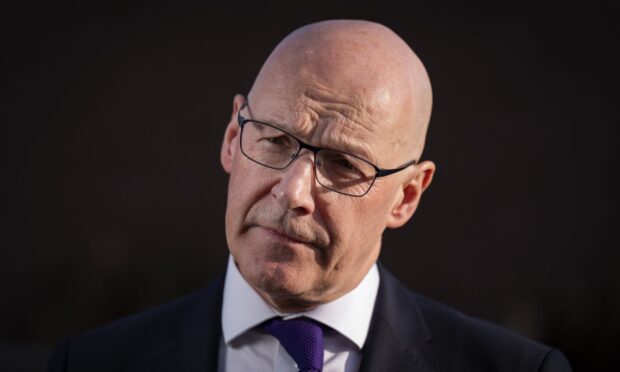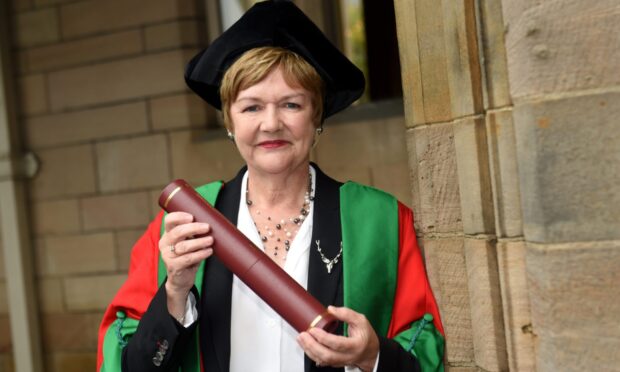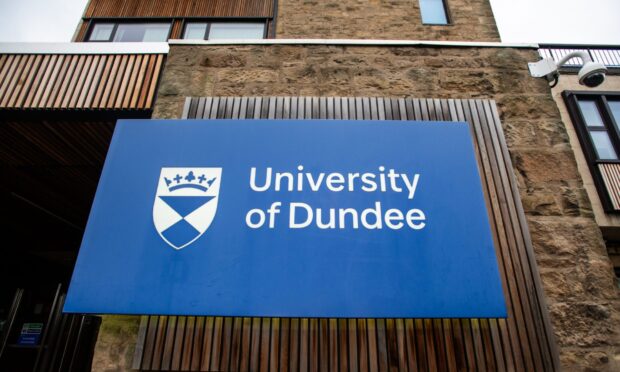The Scottish Government ran demonstrations of its controversial P1 tests for MSPs in a last ditch bid to avoid a Holyrood defeat.
Opposition parties have said they will join forces against the SNP policy of making the youngest schoolchildren in Scotland sit the standardised assessments.
They have the numbers to win Wednesday’s vote, but ministers hoped to convince individual MSPs to support the assessments by getting them to try the exercises for themselves on Tuesday.
Meanwhile in a briefing to journalists, a civil servant accepted that league tables could “in theory” be drawn up, something educationalists have warned against.
The Scottish Conservative motion calls on the SNP administration to “halt the tests in P1 and to reconsider the evidence and the whole approach to evaluating the progress of P1 pupils”.
Liz Smith, the Tory MSP in Perthshire, said: “Parents and teachers are all raising concerns about the way these are being introduced.
“And the truth is it would be irresponsible not to listen to them.”
Teachers and unions have raised concerns about the amount of time and resource being consumed by the P1 tests when the focus should be on play-based learning.
There have also been reports of the assessments causing stress and anxiety for pupils.
The literacy and numeracy tests were introduced for pupils in P1, P4, P7 and S3 with the aim of helping teachers judge a children’s progress.
Scottish Government officials were asked at a media briefing if there is anything to stop anyone compiling league tables.
Kit Wyeth, from the Scottish Government’s National Improvement Framework Unit, said it did not gather information centrally on how well individual schools perform.
“In theory it could be gathered, but not from central government,” he said. “You could ask every local authority.”
David Leng, the Scottish Government official in charge of delivering standardised assessments, said it was a common misconception that the P1 assessments are “high stakes tests” and for collating “national level data”.
“The focus for us is on the individual, the child, the school and it’s to get good quality information to the teachers so they can make the next steps in their learning and to give them more confidence in making these professional judgments,” he said.
Education Secretary John Swinnney said he arranged the drop-in demos for MSP because many had never seen the assessments in practice.
He said they would “ensure an accurate and informed debate”.
But Iain Gray, for Scottish Labour, dismissed the offer as a “desperate stunt”.
“The idea that civil servants performing the tests to MSPs is in any way equivalent to the pressure felt by a four-year-old sitting them is utter nonsense,” he added.
Scottish Liberal Democrat MSP Tavish Scott said the “unequivocal message” from teachers is the assessments “tell them nothing they do not already know”.
Ross Greer, the Green MSP, said Mr Swinney must listen to experts telling him they will “do more than harm than good”.
